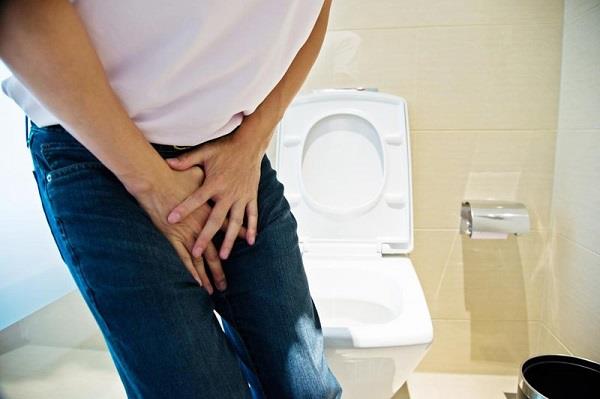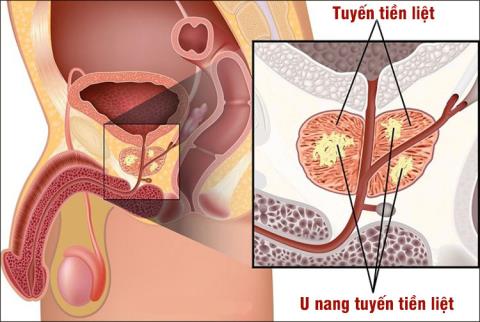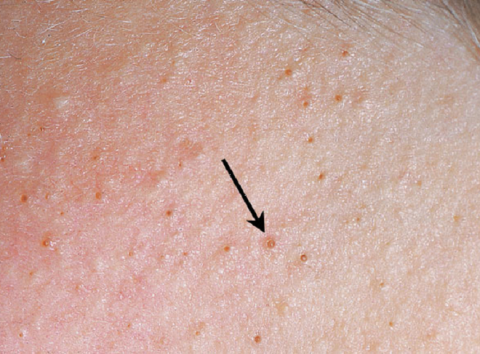Prostate calcification affects over 30% of men aged 50+ according to the National Institutes of Health (NIH). While often asymptomatic, untreated cases may lead to serious complications. Discover what every man needs to know about diagnosis, risks, and modern treatment approaches.
In This Article:
What Is Prostate Calcification?
Prostate calcification occurs when calcium deposits form in the prostate gland, often detected incidentally during imaging tests. These deposits range from microscopic particles to 5mm nodules (Journal of Urology, 2022).
Primary Causes:
| Cause | Prevalence | Risk Factors |
|---|
| Post-inflammatory changes | 68% of cases | History of prostatitis |
| Aging process | 42% over age 60 | Metabolic syndrome |
| Surgical complications | 15-20% | Prostate surgery history |

Key Symptoms to Watch For:
- Pelvic pain (reported in 25% of symptomatic cases)
- Urinary urgency/frequency
- Blood-tinged semen (hematospermia)
- Erectile dysfunction (12% of cases)
Health Risks and Complications
While prostate calcification is often benign, the American Urological Association notes three major risks:
1. Chronic Prostatitis Development
Calcifications harbor bacteria, leading to recurrent infections resistant to standard antibiotics.
2. Fertility Challenges
Studies show semen quality decreases by 40% in men with calcification-related inflammation (Human Reproduction Journal, 2021).

3. Urinary System Damage
Left untreated, 18% of cases develop bladder stones or kidney dysfunction (NIH data).
Modern Treatment Approaches
Treatment strategies depend on symptom severity and complication risks:
| Method | Success Rate | Best For |
|---|
| Antibiotic Therapy | 65-70% | Acute infections |
| Minimally Invasive Surgery | 85% | Stones >5mm |
| Physical Therapy | 60% improvement | Chronic pain management |

Featured Snippet: Top 5 Prevention Tips
- Hydrate with 2.5L water daily
- Practice pelvic floor exercises 3x/week
- Limit alcohol (<2>
- Annual prostate exams after 40
- Treat UTIs promptly
When Surgery Becomes Necessary:
- Recurrent antibiotic-resistant infections
- Urinary retention episodes
- Suspected malignancy (biopsy-confirmed)
Prostate calcification management requires personalized care. Regular monitoring through PSA tests and digital exams helps prevent 73% of severe complications (Mayo Clinic, 2023). Always consult a urologist if experiencing urinary changes or pelvic discomfort.






